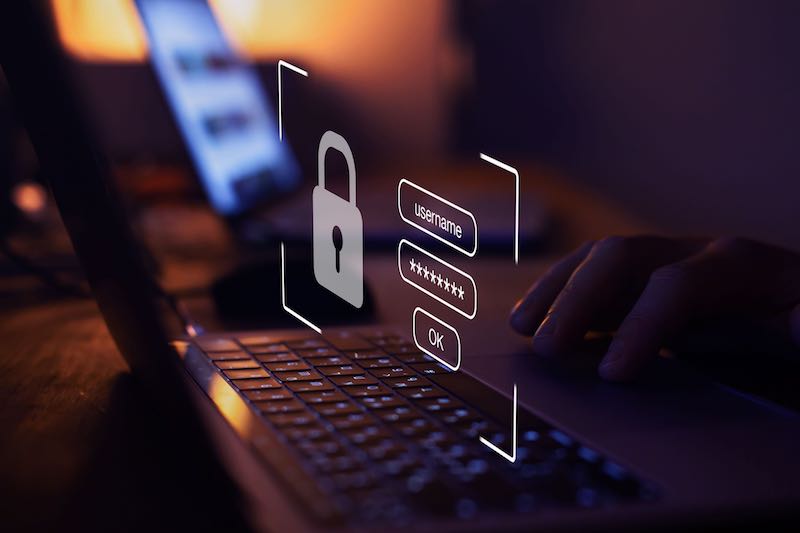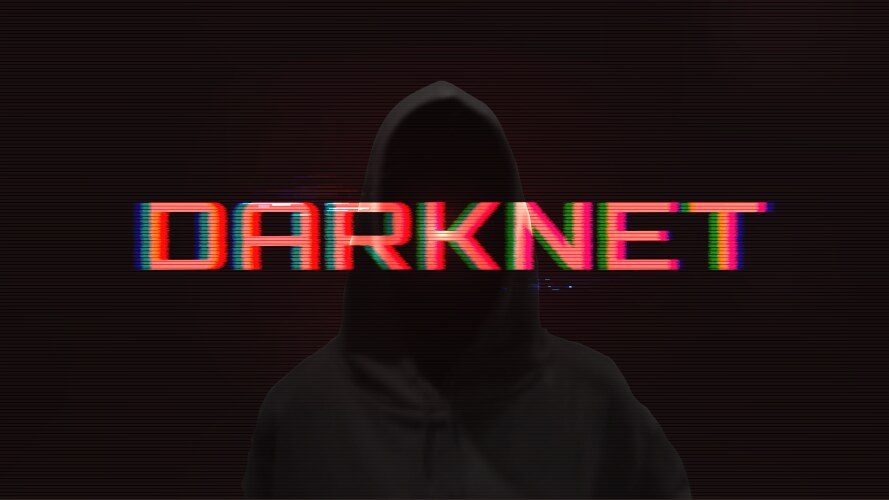In today’s rapidly evolving digital landscape, businesses and individuals are increasingly grappling with an ever-expanding pool of data, technological systems, and artificial intelligence AI capabilities. The complexity of these interconnected systems, each with its own specialized function, has led to challenges in maintaining efficiency, coherence, and usability. To address these growing challenges, centralized AI services are emerging as a powerful solution, bringing order to the chaotic web of technology. At their core, centralized AI services streamline and unify disparate AI tools and systems under a single platform or ecosystem. This approach eliminates the need for users to navigate multiple, fragmented AI solutions, each with its own user interface and integration requirements. By providing a unified environment, these services enable organizations to manage their AI resources more effectively, ensuring that processes like data processing, predictive modeling, and decision-making are handled seamlessly and with minimal friction.

Centralized AI services offer a broad range of benefits, starting with the simplification of operational workflows. Instead of switching between different AI tools for various tasks, users can access all required capabilities through a single interface. This consolidation not only reduces the cognitive load on teams but also ensures that processes are aligned, with a clear, consistent flow of information across departments. By centralizing AI resources, businesses can foster better collaboration, allowing for more effective coordination between departments, data scientists, developers, and decision-makers. Another critical advantage of centralized AI services is their ability to ensure data consistency and governance. When AI systems are siloed, managing data integrity becomes a complex and error-prone task. With a centralized system, all data inputs, algorithms, and outputs can be monitored and regulated within a single framework. This enhances security, compliance, and the quality of insights derived from AI applications.
Furthermore, centralized platforms often come with robust monitoring and auditing features that help businesses stay in line with industry regulations and standards. Centralization also accelerates innovation. By providing a unified infrastructure, centralized AI services encourage the development of new solutions by allowing teams to build upon existing tools and frameworks. This collaborative environment fosters cross-pollination of ideas, leading to faster improvements in AI capabilities and the development of custom solutions that are tailored to specific organizational needs. Centralized AI services bring order to the complexity of modern technology. They simplify operations; ensure better data governance, and foster innovation. By acting as a central hub for Suprai directory AI capabilities, these services offer businesses the ability to navigate an increasingly complex technological world with greater ease, paving the way for more intelligent and agile decision-making across industries.





